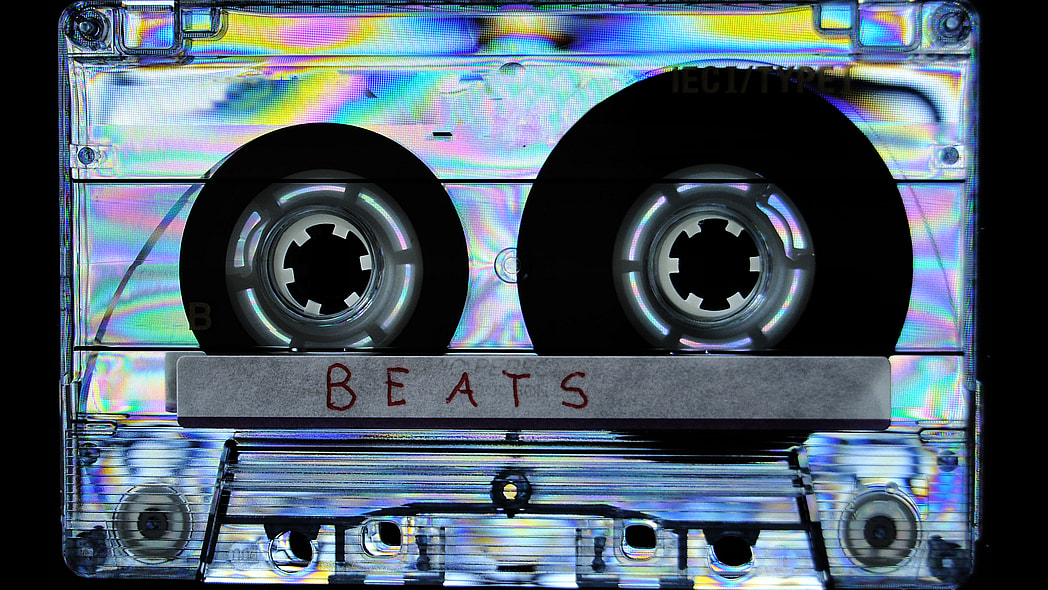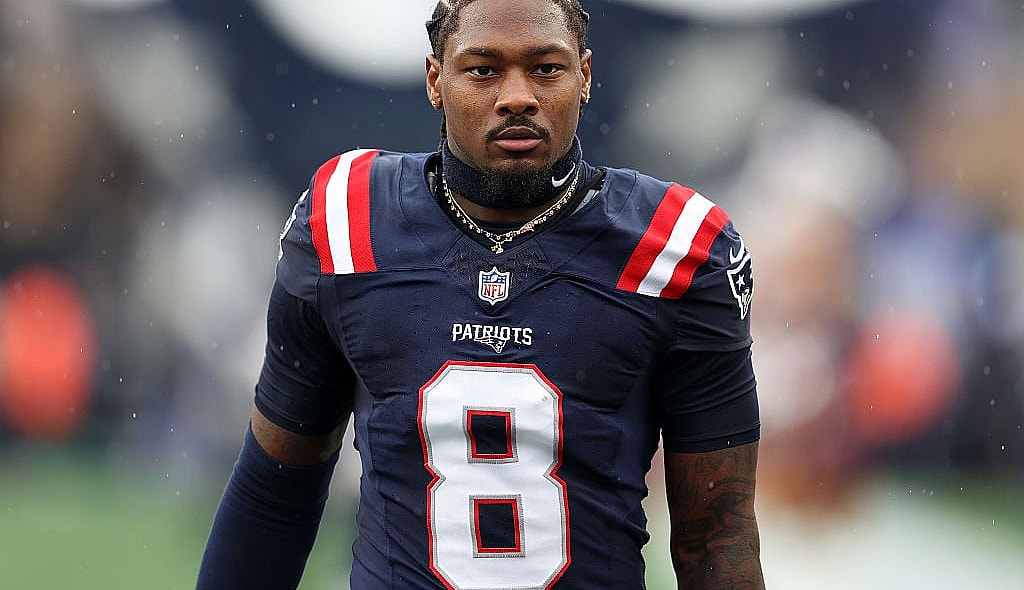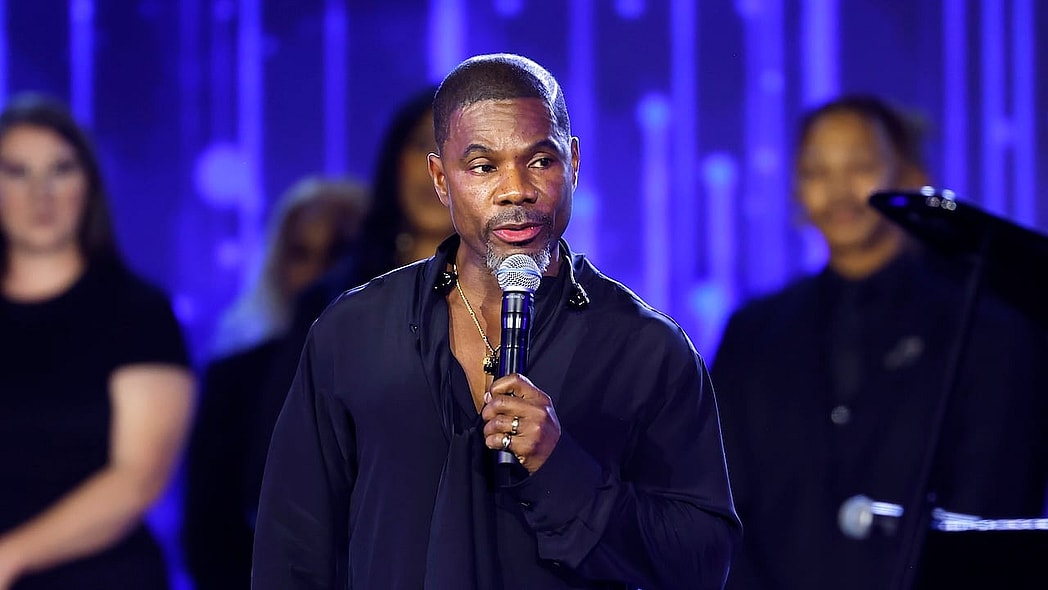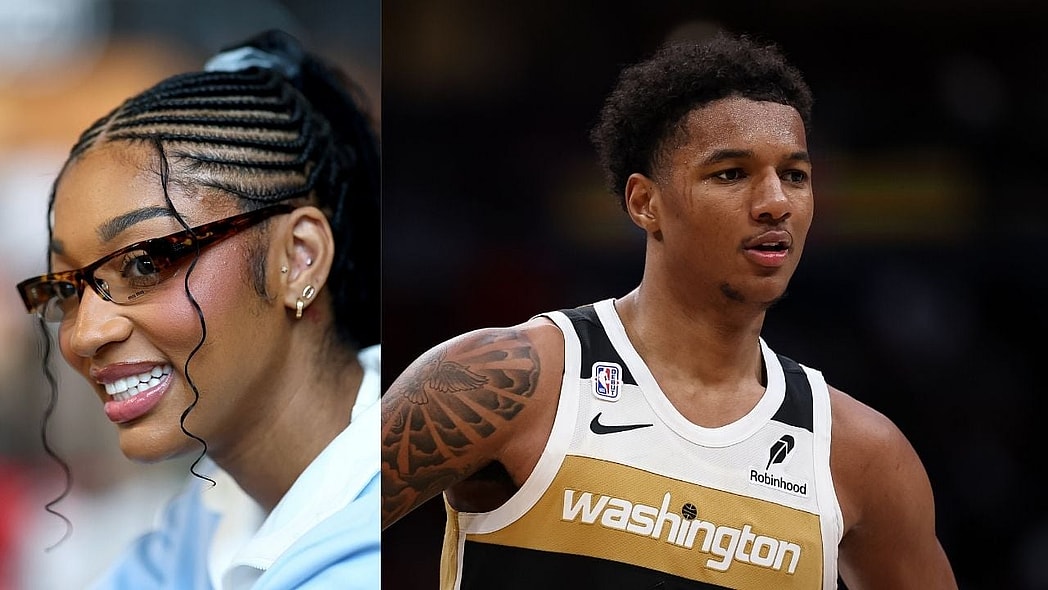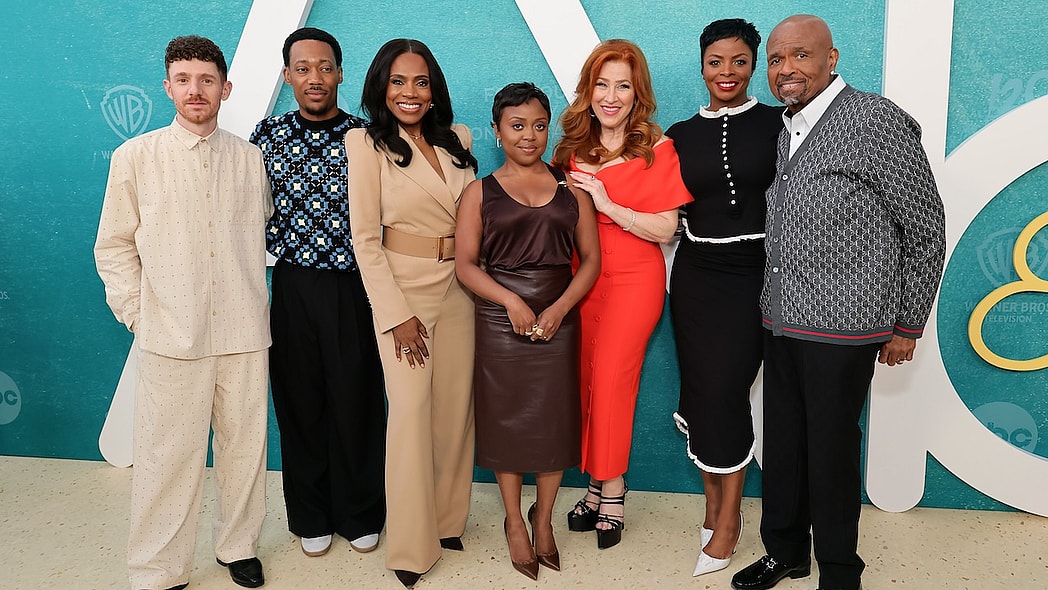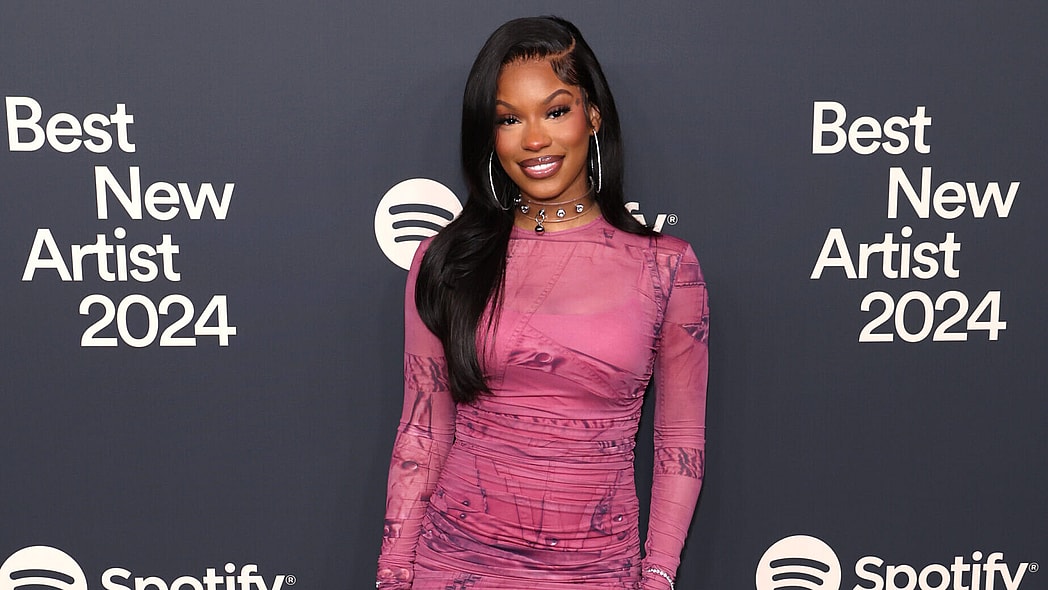Editor’s note: The following article is an op-ed, and the views expressed are the author’s own. Read more opinions on theGrio.
I never want to be the guy who’s like, “hip-hop was better back in the day.” When I turned 30, I promised myself I would never be that guy. But music culture is made for the young, and the music culture of your youth will always be nearest to your heart. As you get older, it takes more effort to welcome new developments in music culture into your heart. You have to be conscious and diligent about not saying “things were better in my day.” But you can say things were different in my day. And you can say, I miss some of the things that were prevalent years ago.
Years ago, back in the ‘90s and ‘00s, there was a robust mixtape culture. I really miss mixtapes. I know the word is thrown around here and there, but I’m telling you, mixtapes used to be a thing. A whole book about mixtapes dropped last year called “Do Remember!: The Golden Era of NYC Hip-Hop Mixtapes.”
You had to know where to go to find them — usually there was a vendor out on Flatbush Avenue or 125th Street or wherever; you usually couldn’t get them in stores. And they were ephemeral. You had to cop the new ones quickly or they’d be gone forever.
Mixtapes featured an array of artists — some big, some underground. Sometimes it would be some star rhyming in a different way than their normal style or saying wild things that they wouldn’t say on their mainstream work. Sometimes it would be someone from out of nowhere out-spitting the established pros and making a name for themselves.
Recommended Stories
Mixtape culture was underground. These were songs made specifically for hardcore fans. Artists knew that only hardcore fans would put in the effort to go out and find these unadvertised mixtapes so the rhymes they spit and the styles they tried were meant for the music snobs.
Mixtapes flourished in the pre-internet era because, back then, you could have a true underground scene. A big star like Nas or Raekwon could jump on a mixtape and know that his rhymes wouldn’t end up in everyone’s ears. They were speaking to the most ardent fans alone so they could push themselves to go farther than they were willing to on their albums. You can’t really have a truly underground scene today — not one where stars co-mingle with hopefuls — because the whole point of an underground is that artists are free to explore more radical areas of the genre. With today’s internet, anything truly radical or avant garde said by a star would quickly become internet fodder, and you’d be judged by the masses, for better or worse. With stakes like those, it’s too risky for a star artist to dabble in an underground instrument like the mixtape.
Also, back then, pre-internet, it was hard for smaller artists to get the attention of the culture so small artists used mixtapes as a way to get the attention of the most serious hip-hop fans. But to do that they had to be extra or they wouldn’t be noticed. 50 Cent made a lot of noise by releasing several albums worth of material as free mixtapes before his debut. Mainstream hip-hop fans figured out who he was when he released “In Da Club,” but more committed fans — mixtape fans — already knew all about him. It was a really smart way of introducing yourself to the culture.
While I’m on the subject, I miss skits. I loved good skits. That was another way for rappers to communicate who they were and what the vibe of the album was all about. Snoop’s skits on “The Chronic” and De La Soul’s skits on “De La Soul Is Dead” and Wu-Tang’s skits on so many of their albums were critical to understanding who they were. It was another way for them to be creative and it made their albums into more than just music. Good skits somehow made it feel like a cultural experience.
I’m really not an “It was better in my day” sort of guy, I love a lot of modern hip-hop, and I welcome the constant forward motion of the culture, but I would love to see some of the best elements of the past come back.

Toure is a host and writer at TheGrio. He hosts the TheGrio TV show “Masters of the Game,” and he created the award-winning podcast “Being Black: The ’80s” and its upcoming sequel “Being Black: The ’70s.” He is also the creator of “Star Stories” and the author of eight books, including “Nothing Compares 2 U an oral history of Prince.” He also hosts a podcast called “Toure Show.” He is also a husband and a father of two.

